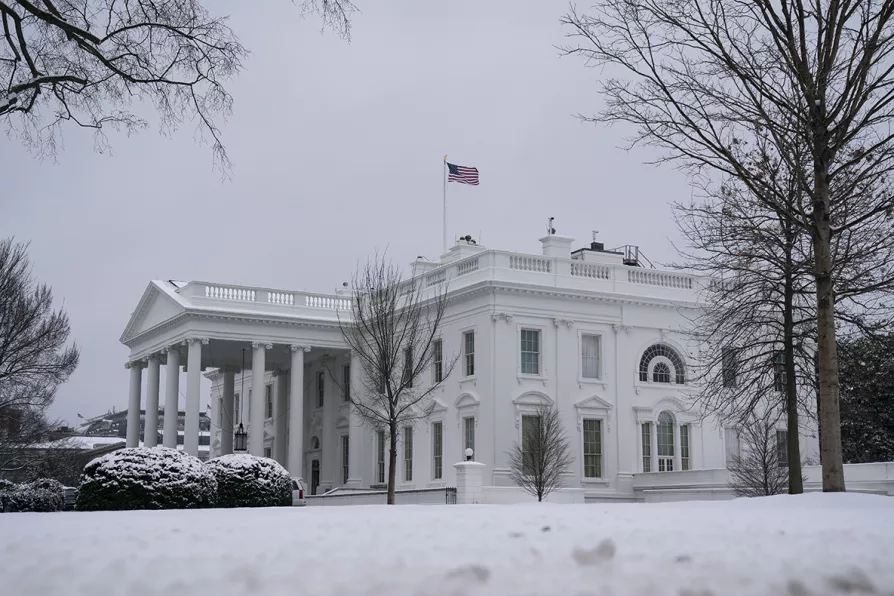John Wojcik pays tribute to a black US activist who spent six decades at the forefront of struggles for voting rights, economic justice and peace – reshaping US politics and inspiring movements worldwide


JOE BIDEN’S first week or so in office proved eventful. He began to aggressively undo much of what Donald Trump undid of the Obama presidency.
In essence, he is returning US politics to 2016. For those who longed only for the exit of Trump and a return to what they saw as the comforting past, the Biden victory is cause for celebration.
For those who want an answer to a raging pandemic that has taken more US lives than World War II, for those who fear for the future of the millions newly unemployed by the pandemic, for those millions in arrears on their rent and eventually facing eviction, and for the nearly three million households forced into forbearance on their mortgage payments, there is little yet to celebrate.

Western nations’ increasingly aggressive stance is not prompted by any increase in security threats against these countries — rather, it is caused by a desire to bring about regime changes against governments that pose a threat to the hegemony of imperialism, writes PRABHAT PATNAIK

It’s the dramatic rise of China with its burgeoning economy that has put the Trump administration into a frenzy – with major implications both at home and abroad, argues MICHAEL BURKE











